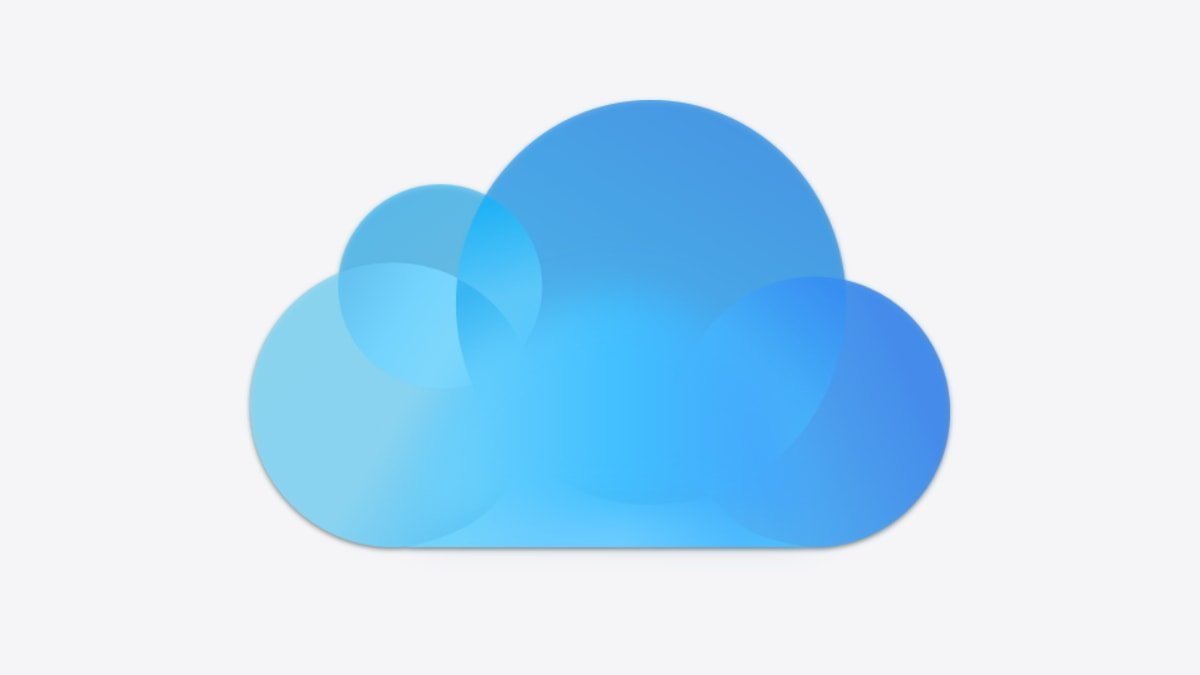
Thousands of customers may now be eligible for a payout of up to £737 from Credit One Bankfollowing a class action lawsuit over unwanted robocalls.
If you were contacted by the US-based lender between 2014 and 2019 without consent, you could be entitled to part of a £10 million settlement – and here’s how to check if you qualify.
What’s the Credit One Bank lawsuit about?
The class action lawsuit, originally filed in 2014accused Credit One Bank – a subsidiary of Sherman Financial Group – of violating the Telephone Consumer Protection Act (TCPA) by repeatedly contacting consumers with automated phone calls without their consent.
The legal action claimed these unsolicited calls included debt reminders, marketing offersand messages sent not only to customers but also to individuals with no connection to the bank. Rather than go to trial, Credit One agreed to a £10 million ($14 million) out-of-court settlement, while denying any wrongdoing.
Now, over nine years latereligible victims are finally receiving compensation.
Who can claim compensation?
According to WonCA Europe Newsindividuals who received robocalls from Credit One Bank or any of its third-party debt collectors between 2014 and 2019 may be eligible. To qualify, you must meet all of the following criteria:
- You received an automated or pre-recorded call from Credit One Bank or its agents
- The call took place between 2014 and 2019
- You did not give prior consent for the call
If you tick all these boxes, you could be entitled to up to £737 ($1,000) in compensation.
How to file a Credit One claim
To begin the claims process, head to the official Credit One TCPA Settlement website at www.CreditOneTCPASettlement.com. There, click the ‘Settlement Claims’ tab and follow the steps provided.
You’ll need to submit the following documents:
- Proof of identification (e.g. passport, driver’s licence, or utility bill)
- Credit One Bank account or call records showing contact
- Any proof of penalties, losses, or other documentation related to the unwanted calls
Once submitted, your claim will be reviewed. Updates are expected within 3 to 5 monthsand the final decision may take up to 9 months.
Why is Credit One paying out?
Although Credit One Bank has not admitted liabilityit opted to settle to avoid the expense and risk of a full trial. Alongside the robocall accusations, the bank has faced other complaints including excessive interest rates, inaccurate credit reporting, hidden fees and unclear charges and failure to address consumer complaints
Legal experts say the case is a landmark example of how consumer protection laws like the TCPA can hold large financial institutions accountable.
What this means for consumers
The Credit One class action serves as a warning to banks and financial services: consumers will push back against aggressive or illegal tactics. It also demonstrates the power of collective legal action in securing justice.
If you believe you were affected, now is the time to take action. Filing a claim could ensure your voice is heard – and your rights protected.



